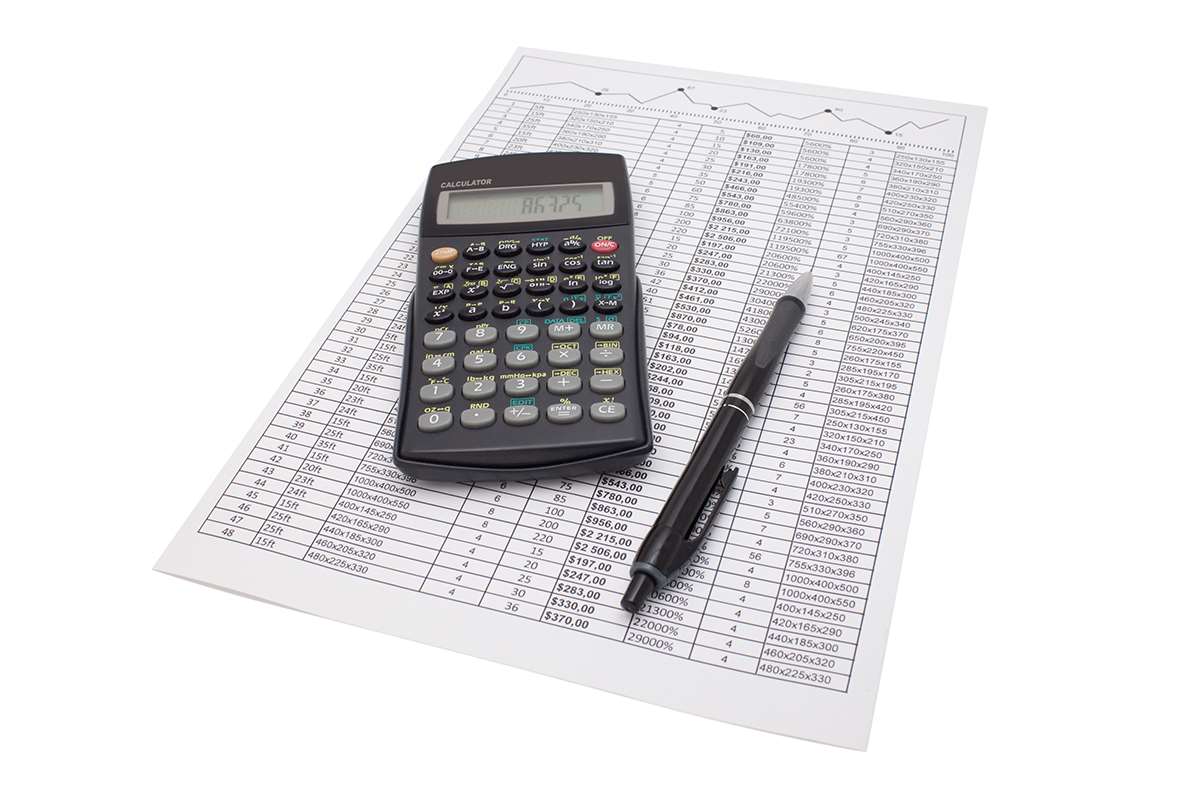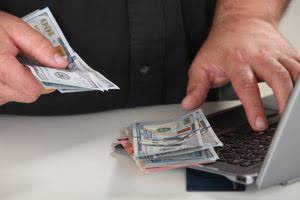
If you’ve received an outstanding check, deposit or cash it promptly. Since the bank balance does not yet reflect the check amount, it can present a misleading picture of your actual financial situation. The company just delay the payment, so they need to recognize accounts outstanding checks payable.
Journal entry to write-off outstanding check – accounts payable

The first step net sales in tracking down an uncashed check is to contact the issuer. They may be able to tell you if the check has been cashed or if it’s still outstanding. If the check has not been cashed, you can ask them to cancel the original check and issue a new one. Or maybe you received a check that you never cashed because you didn’t need the money at the time. Whatever the reason may be, uncashed checks can be a hassle to deal with if left unattended.
- By not trusting the payee to take action, you remove the possibility that they will forget or put off cashing or depositing the check.
- If you have an outstanding check, you should first follow up with the payee to ensure that they received it and have not lost or misplaced it.
- This means the recipient has not yet deposited or cashed the check, so the funds remain in the issuer’s account.
- Uncashed checks to vendors, contractors, payroll, and shareholder dividends are all potential unclaimed property.
- If you try to cash an expired check, you may be charged a fee by the bank or financial institution.
- This can be a convenient option if you don’t live near a bank or if you don’t want to pay a fee to cash an old check.
How Do I Reconcile Outstanding Checks with My Bank Statement?

This is especially problematic for small businesses with tight margins that depend on accurate data to sustain operations. Outstanding checks affect the accuracy of account balances, leading to potential misinterpretations of available funds. When a check is issued, the payer’s account balance is reduced by the check amount, even though the funds have not been withdrawn by the payee. This discrepancy can create an inflated perception of available cash, risking overspending or misallocation of resources. For example, a business may mistakenly assume it has more liquidity than it does, potentially leading to financial strain or overdraft fees. Some may forget about the check or misplace it, while others may not need the money at the time.

Account
Checks fall into this category when they remain stale-dated for years. Understanding each step is essential for compliance and operational efficiency. In most states, that money needs to be sent to the State Treasurer’s office as unclaimed money; after all, it’s not your money, it’s the client’s money. Also, the name of the clearing account that it’s being held in depends on how you’ll name it upon setting it up. The add-on also gives you the ability to import QFX, QBO, or OFX reports.
For payees, uncashed checks can cause financial difficulties, especially if the check represents wages or reimbursements. Payees may face fees if they attempt to deposit a stale-dated check that the bank rejects. Disputes may arise if a payee claims non-receipt or loss of the check, requiring the issuer to issue a replacement, which increases administrative burdens and the risk of duplicate payments. If an outstanding check is not cleared within a reasonable amount of time, it can result in inaccurate account balances, legal disputes, and even criminal charges for fraud or theft. It is important to regularly monitor your account and reconcile any outstanding checks to avoid these potential risks. Moving towards electronic payments is an ideal solution for avoiding outstanding checks.

The issuer needs to inform the bank regard to this issue and stop the holder from getting cash over a specific check number. The bank needs the authorized letter from the company with approval from the authorized person. If you have additional inquiries regarding your outstanding checks from previous years, please leave a comment, and we’ll respond to you as soon as possible. If you have a smartphone or other mobile device, you may be able to deposit the check electronically using a mobile banking app. This can be a convenient option if you don’t live near a bank or if you don’t want to pay a fee to cash an old check. However, be aware that there may be limits on the amount you can deposit electronically, and you may still need to provide identification.
Step 4: Submit escheatment reports and remittance forms
Uncashed checks are checks that Legal E-Billing have been issued but have not been deposited or cashed by the recipient. These checks can be from various sources such as employers, insurance companies, or refunds. Uncashed checks can become a problem if they are not addressed in a timely manner. The check issuer may eventually consider the check as stale-dated and no longer valid, or the funds may be turned over to the state as unclaimed property. One vital strategy is keeping track of stale dated cheques and ensuring they are voided after a certain period. Businesses can impose a policy requiring employees or recipients to deposit or cash their cheque within a specified time frame.
Once the check has been deposited or cashed by your vendor, your bank will debit your account and mark it as a cleared check on your next statement. You are entirely dependent on when the vendor decides to cash the check. An outstanding check remains a liability of the payer until such time as the payee presents the check for payment, which then eliminates the liability. Learn about outstanding checks in accounting and how they impact your finances. Gain insight into managing and reconciling your financial transactions effectively.
What Happens to Uncashed Checks?
Working as a teller for the last few years I can tell you that personal checks are stale after six months (unless otherwise noted) and therefore would not be accepted. We run into this a lot with grandparents writing checks for birthdays and the like. IF the check is ever negotiated (deposited, cashed, or whatever), it will be returned unpaid by your bank. After you void the refund by creating a General Journal Entry (GJE), it will still be recorded as an overpayment refund on your customer’s account. Connect your Stripe Account to MoneyMinder PRO to directly download transactions, saving you time and effort.
